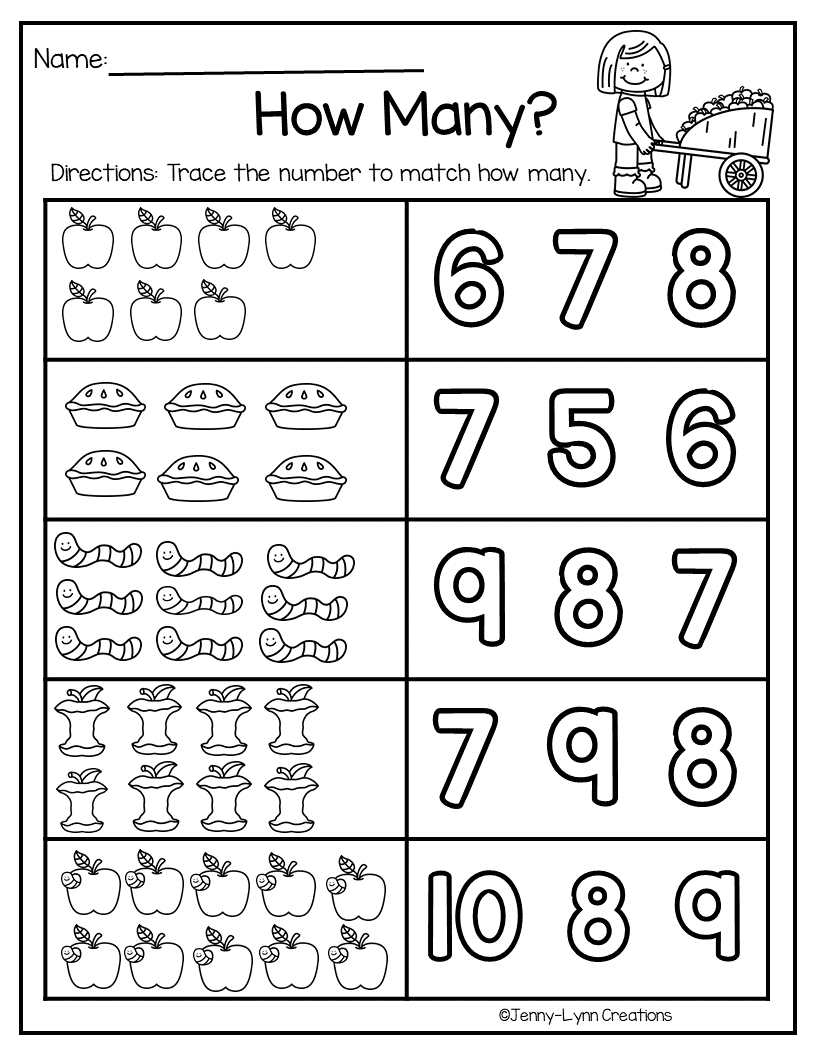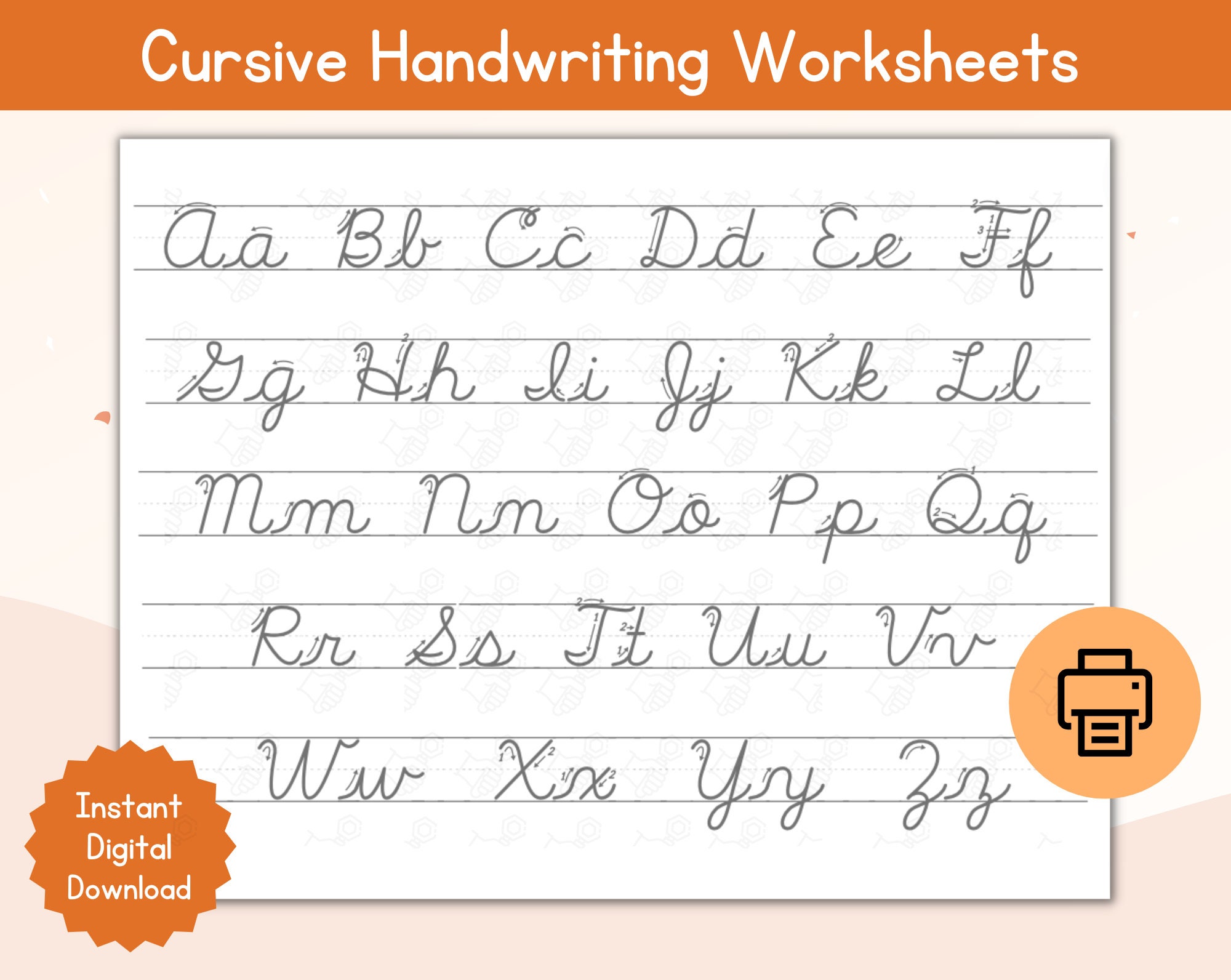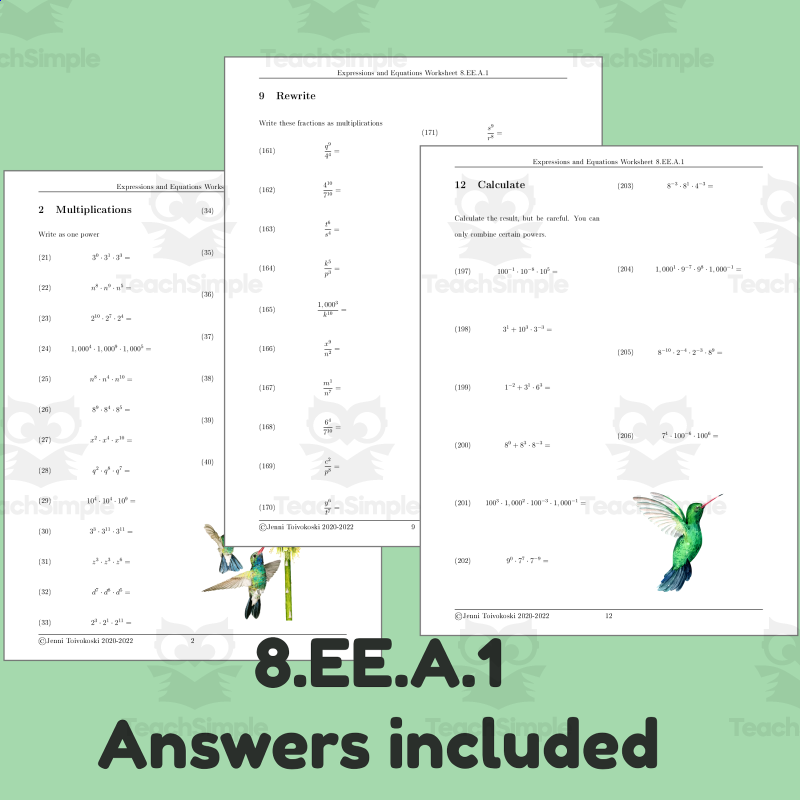Chemistry Metric Conversion Worksheet Answer Key

Understanding Metric Conversion in Chemistry
Metric conversion is an essential skill in chemistry, as it allows chemists to accurately measure and express quantities of substances. In this worksheet, we will practice converting between different units of measurement in the metric system.
Conversion Factors
To convert between units, we use conversion factors. A conversion factor is a ratio of two equivalent quantities. For example, the conversion factor for length is:
1 meter (m) = 100 centimeters (cm)
We can use this conversion factor to convert from meters to centimeters or vice versa.
Converting Length

| Conversion | Conversion Factor |
|---|---|
| meters (m) to centimeters (cm) | 1 m = 100 cm |
| centimeters (cm) to meters (m) | 1 cm = 0.01 m |
| kilometers (km) to meters (m) | 1 km = 1000 m |
| meters (m) to kilometers (km) | 1 m = 0.001 km |
Converting Mass
| Conversion | Conversion Factor |
|---|---|
| grams (g) to kilograms (kg) | 1 g = 0.001 kg |
| kilograms (kg) to grams (g) | 1 kg = 1000 g |
| milligrams (mg) to grams (g) | 1 mg = 0.001 g |
| grams (g) to milligrams (mg) | 1 g = 1000 mg |
Converting Volume
| Conversion | Conversion Factor |
|---|---|
| liters (L) to milliliters (mL) | 1 L = 1000 mL |
| milliliters (mL) to liters (L) | 1 mL = 0.001 L |
| liters (L) to cubic centimeters (cm³) | 1 L = 1000 cm³ |
| cubic centimeters (cm³) to liters (L) | 1 cm³ = 0.001 L |
Worksheet
Convert the following quantities using the conversion factors above:
- 25 meters to centimeters
- 500 grams to kilograms
- 250 milliliters to liters
- 5 kilometers to meters
- 1000 milligrams to grams
- 200 cubic centimeters to liters
- 3 liters to milliliters
- 2500 grams to kilograms
Answer Key
- 25 meters = 2500 centimeters
- 500 grams = 0.5 kilograms
- 250 milliliters = 0.25 liters
- 5 kilometers = 5000 meters
- 1000 milligrams = 1 gram
- 200 cubic centimeters = 0.2 liters
- 3 liters = 3000 milliliters
- 2500 grams = 2.5 kilograms
📝 Note: Make sure to use the correct conversion factors and units when solving the problems.
In conclusion, mastering metric conversion is crucial in chemistry. By using conversion factors, we can easily switch between different units of measurement. Practice makes perfect, so be sure to try more problems to become proficient in metric conversion.
What is a conversion factor?
+A conversion factor is a ratio of two equivalent quantities used to convert between units.
Why is metric conversion important in chemistry?
+Metric conversion is essential in chemistry to accurately measure and express quantities of substances.
How do I convert between units using conversion factors?
+Use the conversion factor to multiply or divide the given quantity to obtain the desired unit.
Related Terms:
- Unit Conversion Worksheet answer Key
- Metric conversion Worksheet PDF
- Metric Conversion Worksheet high school
- Metric conversion worksheet iii



